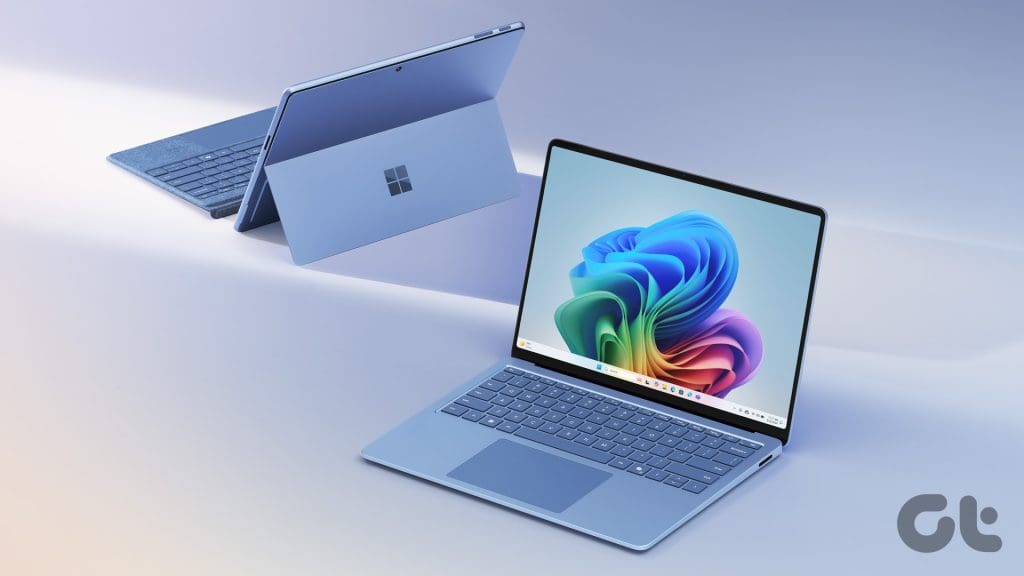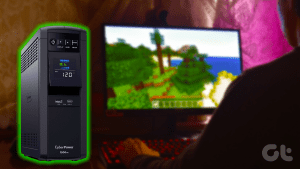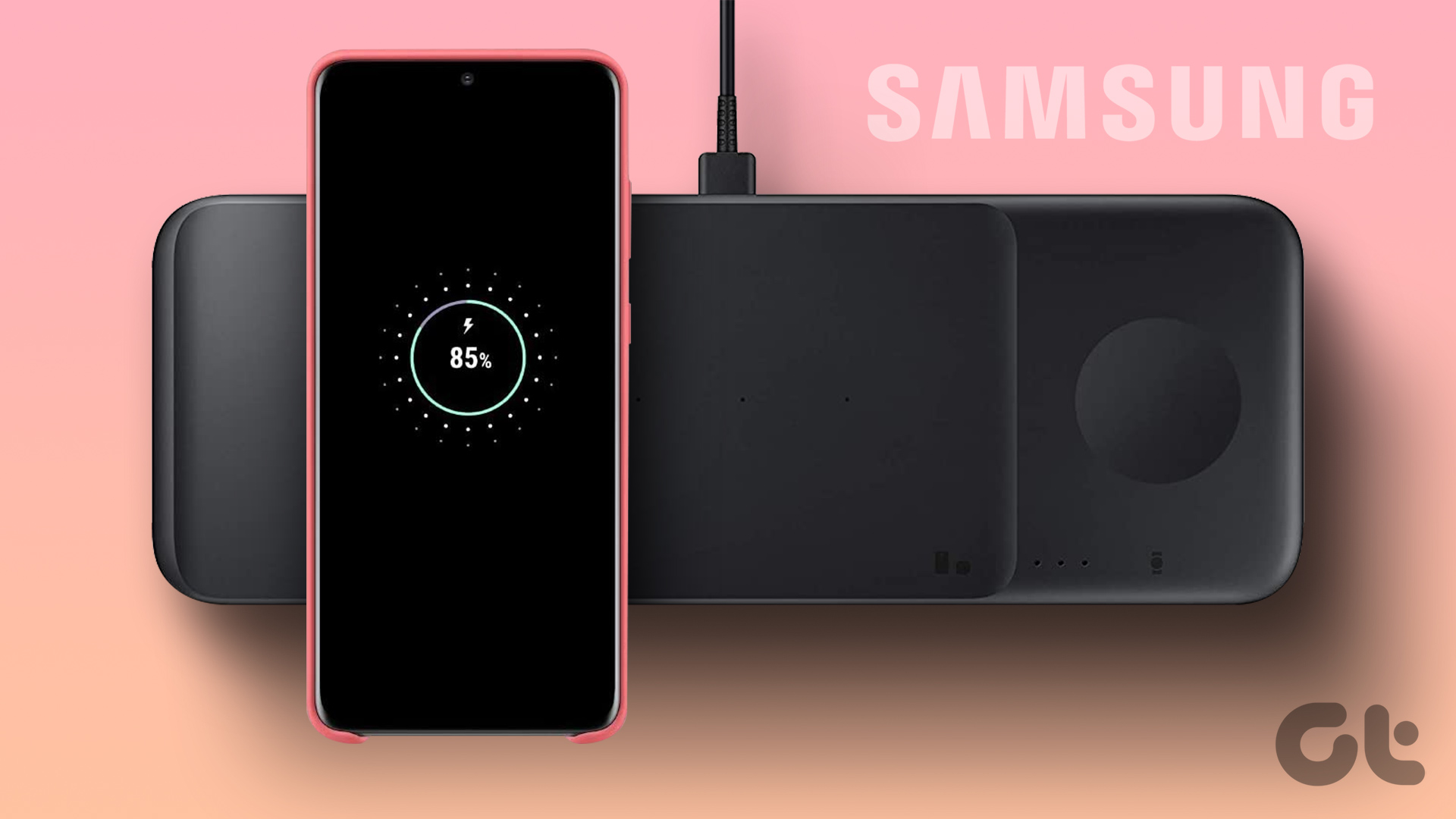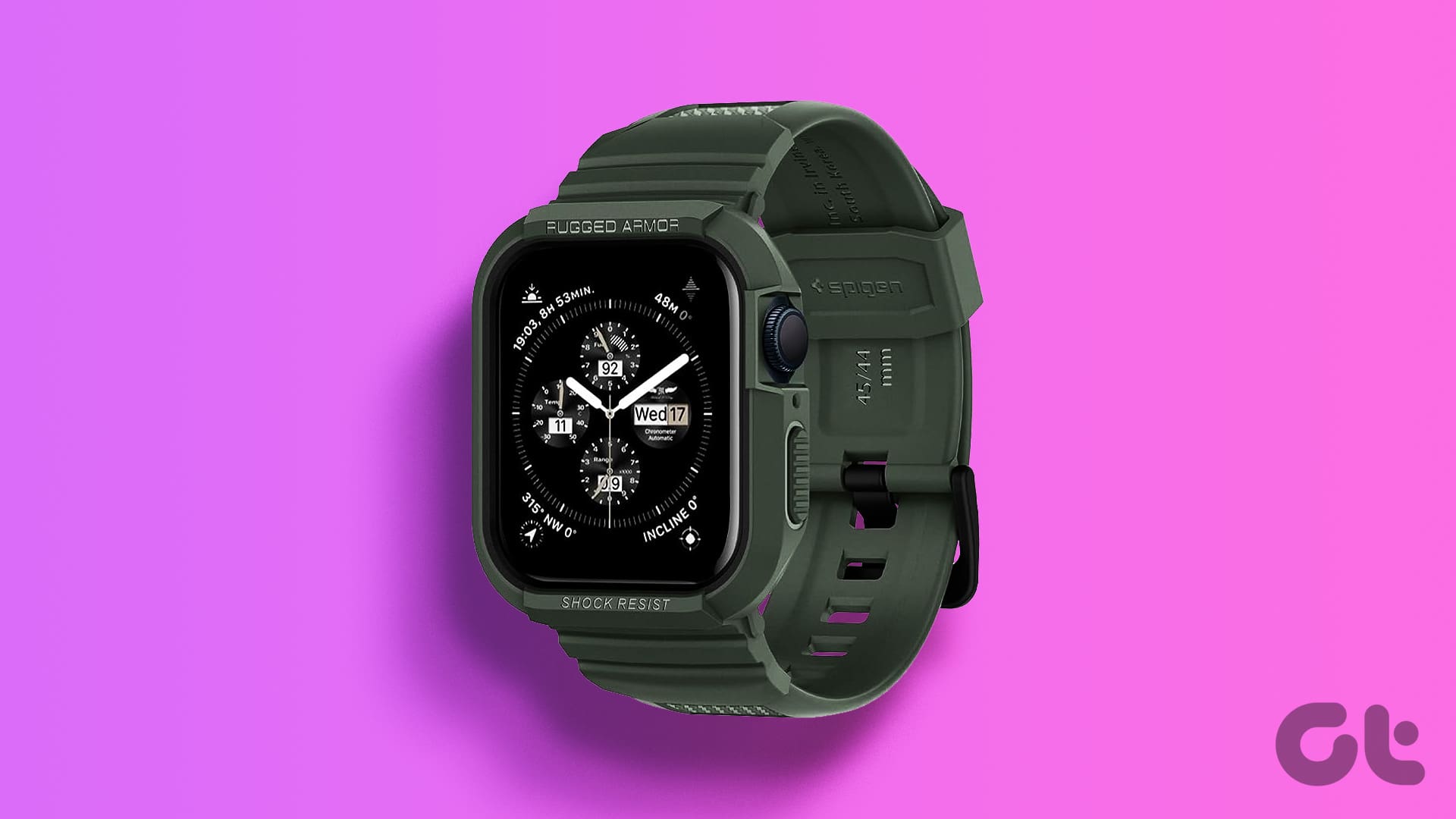Microsoft has officially taken its next big step in the AI race with its latest generation of devices: the Copilot+ PCs. First unveiled on May 20, the first wave of Copilot+ laptops, powered by Snapdragon X Elite and Snapdragon X Plus processors, hit the market just a few days ago.

Now, there’s a lot to like, and as is the case with pretty much any piece of tech, some to dislike about these new PCs. We’ll break down this for you by listing why you should be and shouldn’t be excited about the new Copilot+ PCs.
What Makes a Copilot+ PC?
But before we talk in-depth about this, let us first talk about what makes a Copilot+ PC. For starters, Microsoft defines that any PC to flaunt the Copilot+ branding needs to house a chipset with a Neural Processing Unit (NPU) capable of at least 40 TOPS (Tera Operations per Second) for complex on-device AI-based operations.
Additionally, the PC should have a minimum of 16GB of RAM and a modest 256GB of storage to handle applications on the device. If any laptop meets or exceeds these specifications, it can be granted the Copilot+ branding by Microsoft.
Why You Should Be Excited?
1. The primary reason for one to be excited about the launch of the first wave of Copilot+ PCs is the fact that, at least on paper, they promise to be great for on-device AI-based tasks that aren’t limited to what a simple chatbot can do.
From offering support for generative AI tasks to even helping you generate backgrounds for video calls, the ability to generate subtitles in 44 languages in real-time for audio, video, or video calls, helping the user interact with apps like the Adobe Creative Suite, and even optimizing your PC’s performance as well as battery life, Copilot+ PC promises a lot of benefits.
2. Copilot+ PCs also offer a good amount of power for the above-mentioned on-device AI processes. For perspective, compared to the minimum 40+ TOPS of raw NPU bandwidth offered by the Copilot+ PCs, you only get 38 TOPS on Apple’s recently announced M4 chipset and 18 TOPS on the M3 chipset which it uses on the majority of its MacBooks and iPads.
It’s also to be noted that 40 TOPS is the minimum for qualifying for a Copilot+ PC and this number goes up to 45 TOPS on current Snapdragon X Elite laptops and some upcoming devices from the likes of Acer, Asus, Dell, HP, Lenovo and Samsung.
3. Another key area of focus is the ability of the Copilot+ PCs to enhance camera capabilities on the device. For example, the recently launched Surface Laptop 7th Edition and Surface Pro 11th Edition cameras have AI-enhanced features like Eye Contact, Creative filters, and Portrait blur.

All these features combined promise to help users deliver better presentations, or just for the modern-day professional, ace video calls at work.
Why You Shouldn’t Be Excited?
But all is not well in the realm of Copilot+ PCs. Currently, this latest generation of AI-friendly laptops do not feature arguably the most interesting, and might we add a controversial, feature that Copilot brings with it — Recall.
This is a feature that, on paper, monitors all that you do on your PC for better machine learning operations and for simply helping you remember and revisit whatever you’ve done on your PC in the past by simply asking your computer to remind you of it.
From asking for an “image of a disco ball” you were editing yesterday to “pictures of Tbilisi” you saved on your hard drive or browsed on a website weeks ago, a Copilot+ PC could essentially throw up accurate results for such queries without much fuss.
However, here lies the problem. For bringing you this level of accurate responses for specific queries, Copilot+ PCs use Recall to capture “snapshots” of every single action you carry out on your PC on a second-to-second basis.
Although convenient, this feature and its methods, do pose a serious risk to a person’s data privacy. As such, Microsoft had to face a lot of backlash over similar concerns, which ensured that Recall was removed from the list of features being rolled out at the time of the launch of the first Copilot+ PCs on June 18.
Apart from Recall, there have also been reports about compatibility issues with some applications on the first generation of Copilot+ PCs. Overall, it’s easy to say that not all is well in the land of Copilot+ PCs, and much needs to be done before these new PCs from Microsoft become truly household names.
Was this helpful?
Last updated on 26 June, 2024
The article above may contain affiliate links which help support Guiding Tech. The content remains unbiased and authentic and will never affect our editorial integrity.










